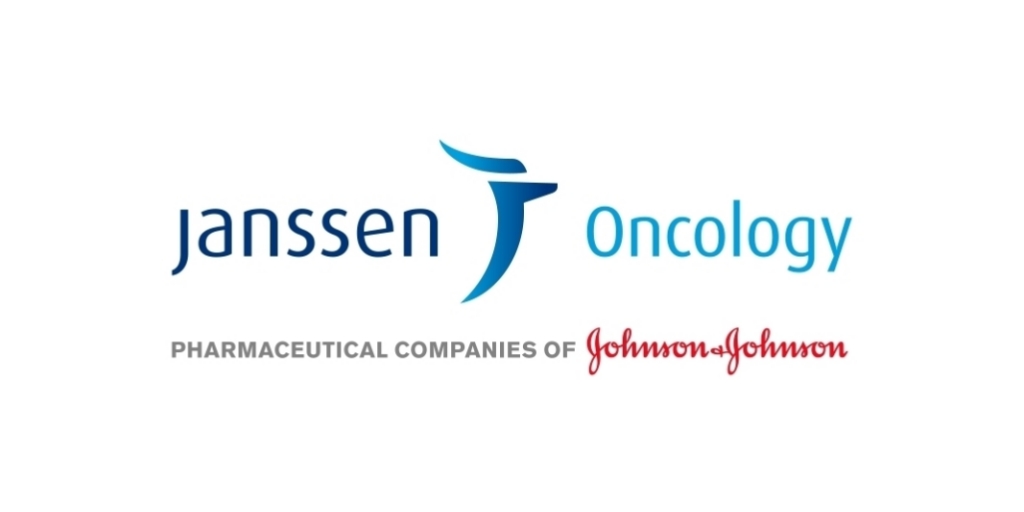Conditional Marketing Authorisation is based on results from the Phase 1 CHRYSALIS study evaluating amivantamab as a monotherapy in patients after previous treatment with platinum-based therapy.
The Janssen Pharmaceutical Companies of Johnson & Johnson announced Conditional Marketing Authorisation (CMA) of RYBREVANT® ▼ (amivantamab) for the treatment of adult patients with advanced NSCLC with activating epidermal growth factor receptor (EGFR) exon 20 insertion mutations, after failure of platinum-based therapy. Amivantamab is the first approved treatment in the European Union specifically targeting EGFR exon 20 insertion mutations for NSCLC.
“Patients with NSCLC harbouring EGFR exon 20 insertion mutations represent a specific population who have been underserved by current treatment options that are limited in both number and efficacy. The decision made by the European Commission represents an important milestone and recognises that amivantamab offers a new treatment specifically targeted for patients with this alteration,” said Antonio Passaro, M.D., Ph.D, Medical Oncologist at the Division of Thoracic Oncology of the European Institute of Oncology in Milan, Italy.
The CMA is based on results from the Phase 1 CHRYSALIS study, a multicentre, open-label, clinical study evaluating amivantamab as a monotherapy in patients after previous treatment with platinum-based therapy, which demonstrated efficacy and a generally well-tolerated safety profile.
The investigator-assessed overall response rate was 37 percent (95 percent CI, 28% – 46%), with a median duration of response of 12.5 months (95 percent CI, 6.5 – 16.1) and 64 percent of patients having a duration of response greater than or equal to 6 months.
These results were consistent with those reported by blinded independent central review assessment, which showed an overall response rate of 43 percent (34% – 53%), with a median duration of response of 10.8 months (95 percent CI, 6.9 – 15.0) and 55 percent of patients having a duration of response greater than or equal to 6 months.
Analysis showed the median progression-free survival (time experienced without progression or death) was 8.3 months (95 percent CI, 6.5 – 10.9) and the median overall survival in patients treated with amivantamab was 22.8 months (95 percent CI, 14.6 – not reached).
The most common adverse events (AEs) at all grades included rash (76 percent), infusion-related reactions (67 percent) and nail toxicity (47 percent), and these were predominantly Grade 1-2. Treatment-related discontinuations due to adverse events were seen in three percent of patients. Ninety-nine percent of infusion-related reactions occurred with the first infusions and rarely impacted the ability to continue with subsequent treatments (1.1 percent led to treatment discontinuation).
“This marketing authorisation addresses a high unmet need by bringing a new treatment option to this patient population and their healthcare professionals for the first time in Europe. It is an important step towards our goal to deliver innovative therapies that will transform the trajectory of lung cancer,” commented Peter Lebowitz, M.D., Ph.D., Global Therapeutic Area Head, Oncology, Janssen Research & Development, LLC.
Conditional marketing authorisation is the approval of a medicine that addresses unmet medical needs of patients based on less comprehensive data than normally required, where the benefit of immediate availability of the medicine outweighs the risk, and the applicant is able to provide comprehensive clinical data in the future.
This CMA follows other recent approvals for amivantamab, including the U.S. Food and Drug Administration (FDA), who approved the treatment in May 2021 for the treatment of adult patients with locally advanced or metastatic NSCLC with EGFR exon 20 insertion mutations, whose disease has progressed on or after platinum-based chemotherapy. Additional regulatory applications have been submitted and are being reviewed by other regulatory bodies worldwide.
“We are committed to changing the face of cancer care,” said Mathai Mammen, M.D., Ph.D., Global Head, Janssen Research & Development, Johnson & Johnson. “At Janssen, we’re striving to transform long-term patient outcomes and improve quality of life with the right treatment, for the right patient, at the right time.”


